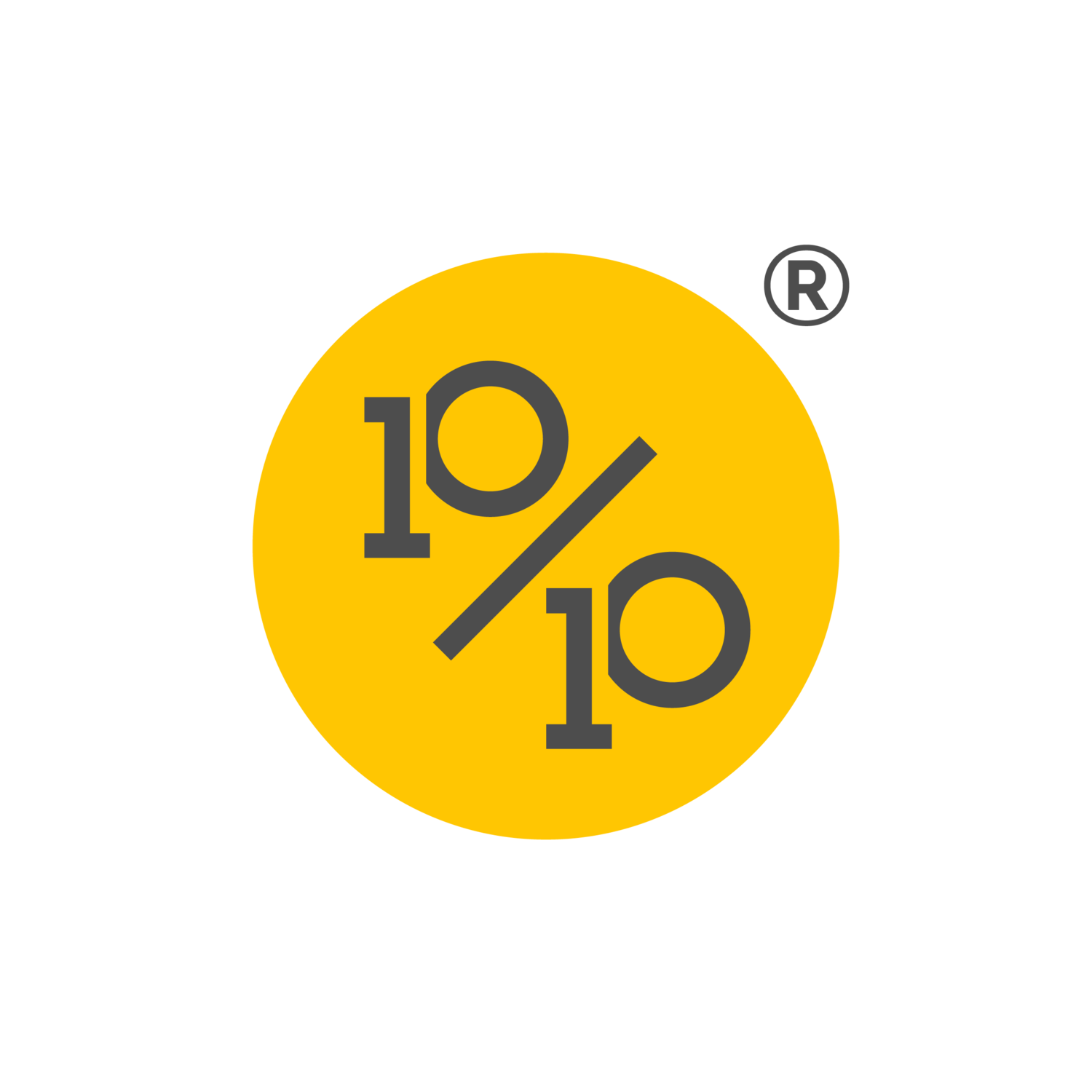Post-Pandemic Leadership Challenges Top Executives Face
Do leaders really know the battle at hand?
In the wake of the COVID-19 pandemic, top executives will face a fresh host of challenges as they look to lead their organisations forward. From dealing with economic disruptions to managing a remote workforce, these leaders will need to be adaptable and innovative in their approach. Failing which, executives risk an exodus of talent in their workforce or compromising the competitive edge of their organisation.
Here are five post-pandemic leadership challenges that top executives will need to address in the coming months and years:
Leadership Challenge #1: Dealing With Unprecedented Employee Burnout
Employee burnout is a global problem. A recent Gallup study found that 23% of employees say they're "burned out" at work. The statistics are even worse for millennials, with nearly half reporting that they have experienced burnout at work. The cost of replacing an employee due to burnout can be up to 150% of their salary, so retaining talent is now proving to be critical for organisations.
As we continue to emerge from the aftermath of the pandemic, organisations do not have the luxury of forking out the economic burden of replacing an employee due to burnout (which could amount to up to 150% of their salary). Neither can they afford the cost that absenteeism, high turnover rates, and low employee engagement levels would have on their productivity.
To combat burnout, employers first need to understand it before formulating a strategy to manage it.
Although I've been a leadership coach based in Singapore, I have coached leaders on a regional level, and I have witnessed what it's like for them when having to deal with employee burnout. Below is a compilation of articles written for leaders specifically dealing with burnout.
Leadership Challenge #2: Managing a Remote or Hybrid Workforce
The COVID-19 pandemic brought about a shift in the landscape of the workplace. Organisations now find themselves on the backfoot of the impact of managing a remote or hybrid workforce.
Whether the challenge comes in the form of building employee engagement or tracking the progress of deliverables, one thing is certain –– employers need to find new ways to communicate with and connect with their employees.
Now, more than ever, employers must employ the skill of active listening. This is especially relevant when it comes to managing a remote or hybrid workforce effectively. By taking the time to truly listen to what your employees are saying, you can better understand their needs and concerns. This, in turn, will help you to engage them more effectively and keep them motivated.
When you actively listen to your employees, you are sending them the message that you value their input and that you are interested in hearing what they have to say. This helps to build trust and rapport, which are essential for maintaining a productive and positive work environment.
Leadership Challenge #3: Pursuing A High-Performing Culture
With organisations navigating the challenges of a remote workforce, the vision of nurturing a high-performing culture that seeks to drive innovation now seems like a dystopian future.
Organisations who want to pursue a culture that pushes the next frontier in performance must first nurture a high-performing culture in their teams. This can be a daunting task, as it mandates a change in mindset and behaviours from everyone in the organisation.
A strategy that I preach, as an executive coach, to leaders who are seeking to establish high-performing cultures is to embrace a culture of feedback. It is no secret that feedback is essential for team members to gain awareness of their blindspots and areas of growth.
Feedback goes both ways. Leaders who want to give feedback must first seek feedback from their team members and receive that feedback well. That is what fosters an environment of transparency and collaboration that will eventually see teams consistently push the boundaries in reaching new peaks of performance.
What Should Leaders Do?
In the post-pandemic landscape, change comes fast and furious. Leaders will continue to face the seemingly insurmountable task of staying one step ahead of the trends whilst putting in place strategies to deal with the existing challenges.
This is where top executives have been investing in executive coaching to ensure that they remain at the cutting edge of their game in the long run. If you are one of them, hit me up to find out more.


